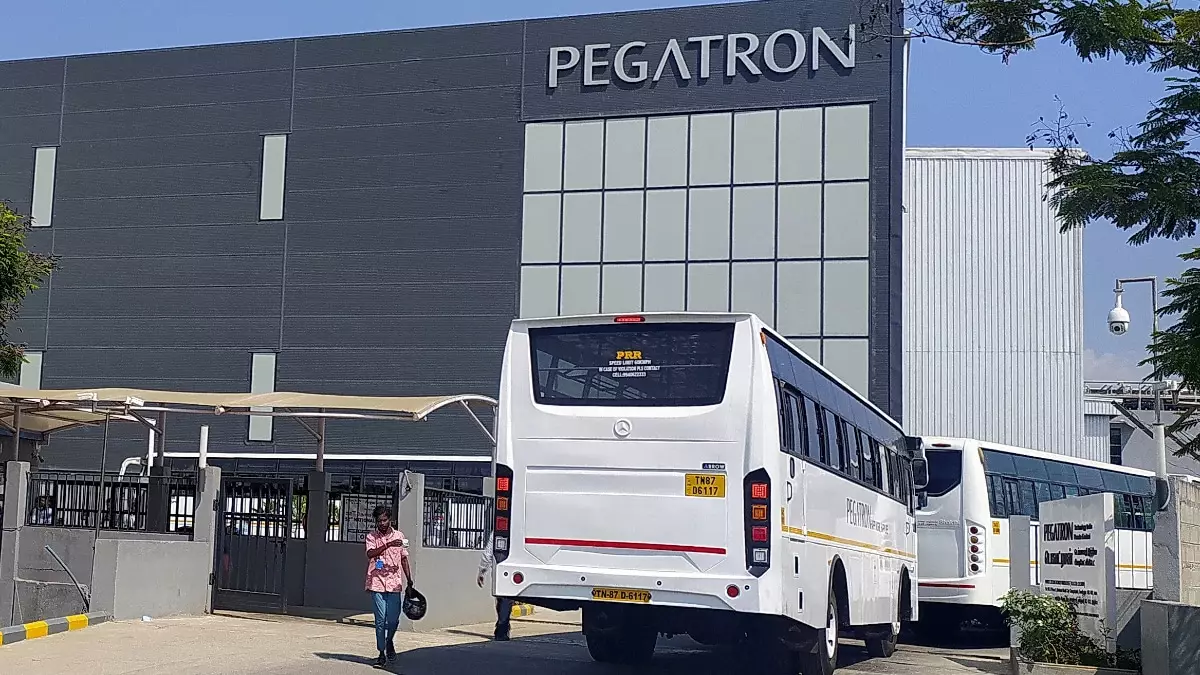A significant fire at Tata Group’s component manufacturing facility in Hosur, Tamil Nadu, poses a serious threat to Apple’s production capabilities as the festive season approaches in India. The destruction caused by this incident is not merely a setback; it disrupts a crucial segment of Apple’s supply chain and could lead to massive repercussions for sales during one of the busiest shopping periods of the year. As the only Indian supplier of vital components like iPhone back panels, Tata’s production halt creates an urgent need for alternative sourcing to mitigate losses.
With upcoming festivals leading to expected local sales of approximately 1.5 million units of the iPhone 14 and 15 models, such supply chain disruptions could lead to a shortfall in meeting market demand. Apple’s inability to meet 15 percent of this projected demand due to the fire will undoubtedly leave gaps in its market presence during a crucial sales period.
Global Impacts and Response Measures
Industry analysts from Counterpoint Research remark that the production halt could trigger Apple to pivot strategies swiftly. Importing essential parts from alternate locations like China might become necessary. Reports indicate that Apple suppliers typically maintain a stock of components that can cover production for three to four weeks, yet current estimates suggest that Apple’s reserves could last up to eight weeks. With the situation still developing, however, a prolonged operational interruption could necessitate Apple to ramp up production capacities in alternative sites, like China.
Such proactive measures highlight Apple’s agility but also flag critical vulnerabilities in its supply network. The company’s tendency to lean heavily on key suppliers in specific locales—like Tata in India—underscores a risk that could lead to operational paralysis if emergencies arise. It becomes apparent that reinforcing alternative supply routes is crucial in avoiding substantial financial losses.
This incident raises questions about the broader implications for India’s ambitions to boost local manufacturing under Prime Minister Narendra Modi’s “Make in India” initiative, especially within the electronics sector. Recent disruptions, including similar fire incidents affecting other Apple suppliers like Foxlink and Pegatron, evidence the struggles of ensuring safety and operational standards. A focus on developing robust safety protocols and a resilient supply framework is paramount to fostering a reliable manufacturing environment in India.
Moreover, as Apple diversifies its production away from China, the importance of safe and efficient manufacturing practices becomes even more critical. With multiple setbacks experienced by several contractors, the sustainability of these endeavors remains in question.
Tata Group, recognized as one of India’s largest conglomerates, plays a pivotal role in Apple’s ambitions within the country. Previous reports indicated that analysts expect India to contribute around 20-25% of global iPhone shipments this year, a significant leap from 12-14% in prior years. The fire at the Hosur plant, which employs around 20,000 workers, not only halts production but could impinge on Tata’s future projects, including the delayed rollout of a new assembly unit intended for complete iPhone manufacturing.
While Tata already operates another facility near Bengaluru, with ongoing acquisitions from Wistron and Pegatron, the stability and timing of these new ventures could be adversely affected by the recent fire incident. Questions surrounding project timelines and workforce stability linger as Tata navigates these turbulent circumstances.
Call for Enhanced Safety Standards
As the dust settles on this latest crisis, a critical reflection on the situation reveals an urgent need for better safety measures and operational standards within manufacturing facilities. Industry leaders emphasize that while these incidents may pose temporary challenges, they also represent an opportunity for growth and improvement. To bolster India’s standing as a premier global electronics hub, there must be a concerted effort toward reinforcing safety protocols, thereby ensuring resilience against future operational disruptions.
As Apple faces potential repercussions from this fire, stakeholders must prioritize strategic reforms aimed at not only navigating current challenges but also fortifying future endeavors—reinforcing India’s manufacturing landscape amidst an evolving global market.


Leave a Reply